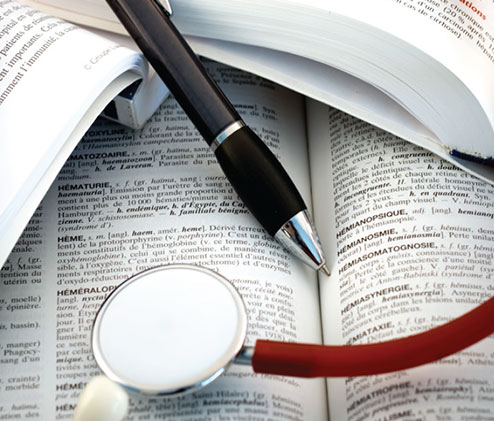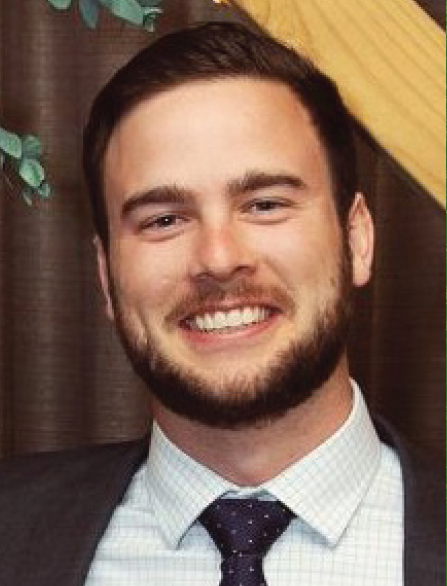

Blog

Building skill power
Tuesday December 7, 2021
 A key component of being a medical student is one’s ability to access, perceive, understand, retain and recall information.
A key component of being a medical student is one’s ability to access, perceive, understand, retain and recall information.
Owing to the ever-expanding library of medical knowledge, it is also vital to be self-motivated and self-directed. These are qualities that are not intrinsically built into every medical student, but rather ones that require ongoing work to establish and refine.
The early months of medical school, as I recall, involved much experimentation and guesswork in an attempt to find a sustainable rhythm that was as well-organised as possible.
During clinical years, students quickly find themselves in the cut and thrust of hospital environments, where opportunities need to often be seized rather than accepted.
Moreover, every new rotation brings with it new people, new topics and new challenges. Flexibility and adaptability therefore become critical skills to develop for a medical student in search of efficient and high-quality learning.
Whilst these are important qualities for students to have, it is just as important to have reliable staff and structures in place to facilitate our learning.
The University of Notre Dame has provided an excellent balance in transitioning its teaching from preclinical to clinical medicine, with the latter focusing more on clinical reasoning and less on discrete facts.
I have also been able to appreciate the other side of the coin this year, through being involved in various academic governance meetings. It has been heartening knowing that the Notre Dame School of Medicine (and I’m sure it’s the same for UWA and Curtin) continually strives to provide better education.
Just as medical students need to be versatile and adaptable, so too do medical schools.
There has been a significant paradigm shift in medical school education as a consequence of COVID-19. The move o online learning, providing excellent education in the context of limited resources, and the perplexing conundrum of how to potentially hold OSCEs online, to name but a few.
Zoom has cemented its place at the top of the leader board, enabling medical students to sweat in the comfort of their own home, as opposed to physically melting in front of a consultant. Some have even been known to turn their Wi-Fi off, or pretend their laptop is dying.
Another particularly fruitful outcome has been the excellent resource sharing between the WA medical schools. Moreover the current climate, in conjunction with the ongoing endeavour to provide better education, has resulted in significant changes to the third-year Notre Dame course, which in 2022 will align rotations with our UWA counterparts.
This will allow for more streamlined and comprehensive tutorial programs, and additionally aims to reduce educator fatigue.
Such a change, which has stemmed from the tireless efforts of both medical schools, will potentially be followed by another significant shift in WA medical education in the years to come. I refer to the metropolitan clinical school initiative that has been proffered by the health services within WA, akin to some schools over east.
Whilst that change is further down the line, I feel confident in saying that future students are in good hands.

